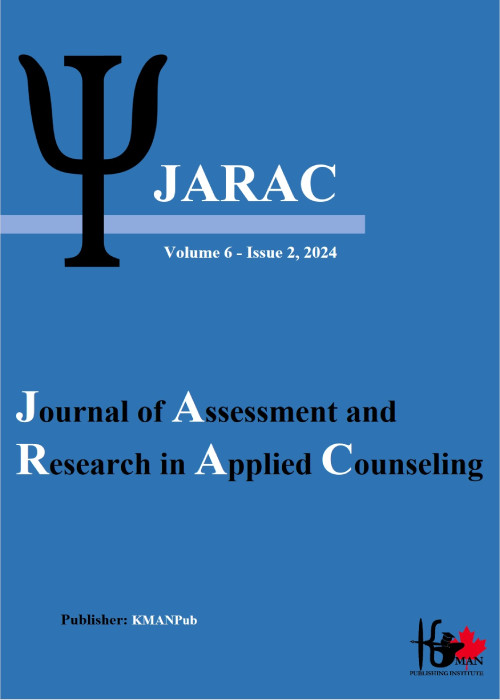The relationship between drug abuse and criminal lifestyles: a qualitative grounded theory study
Despite decades of research, there is no consensus on the factors that explain the relationship between drug abuse and criminal behavior. Evolving sophistication in research methodology has identified factors associated with drug abuse and crime involvement. However, exploration of the specific factors that contribute to initiating, maintaining, and ceasing drug abuse and criminal behavior over time, in culture, and in social context remains largely unknown.
In this research, the grounded theory approach was used to develop an explanatory model based on the reported experiences of 30 men who were referred to addiction treatment centers, all of whom had a history of participating in drug abuse and crime.
Using thematic content analysis, a distinct model emerged. The model portrays drug abuse and crime involvement as a lifestyle based on a bio-psycho-social framework. The path model describes a combination of person-centered and context-specific constructs as influencing factors in the etiology, persistence, stability, and re-engagement. This model was used in case studies to compare and contrast the application of the path model with the theories in the literature.
The research showed that the relationship between drug abuse and criminal behavior includes complex personal, cultural, and social factors that form the drug-crime lifestyle instead of a simple causal model. Furthermore, existing theoretical models interact to explain individuals' experiences at distinct periods during their involvement in drug-crime lifestyles. The proposed bio-psycho-social model found common underlying psychological vulnerabilities across the two cultural samples that contribute to involvement in drug-crime lifestyles. However, different social, familial, cultural, and societal factors affect communication throughout life. This complexity emphasizes the need for multimodal and systemic treatment methods that include family and culture and the need for psychosocial support services associated with treatment provided among drug-abusing offenders for reintegration into society.
- حق عضویت دریافتی صرف حمایت از نشریات عضو و نگهداری، تکمیل و توسعه مگیران میشود.
- پرداخت حق اشتراک و دانلود مقالات اجازه بازنشر آن در سایر رسانههای چاپی و دیجیتال را به کاربر نمیدهد.


